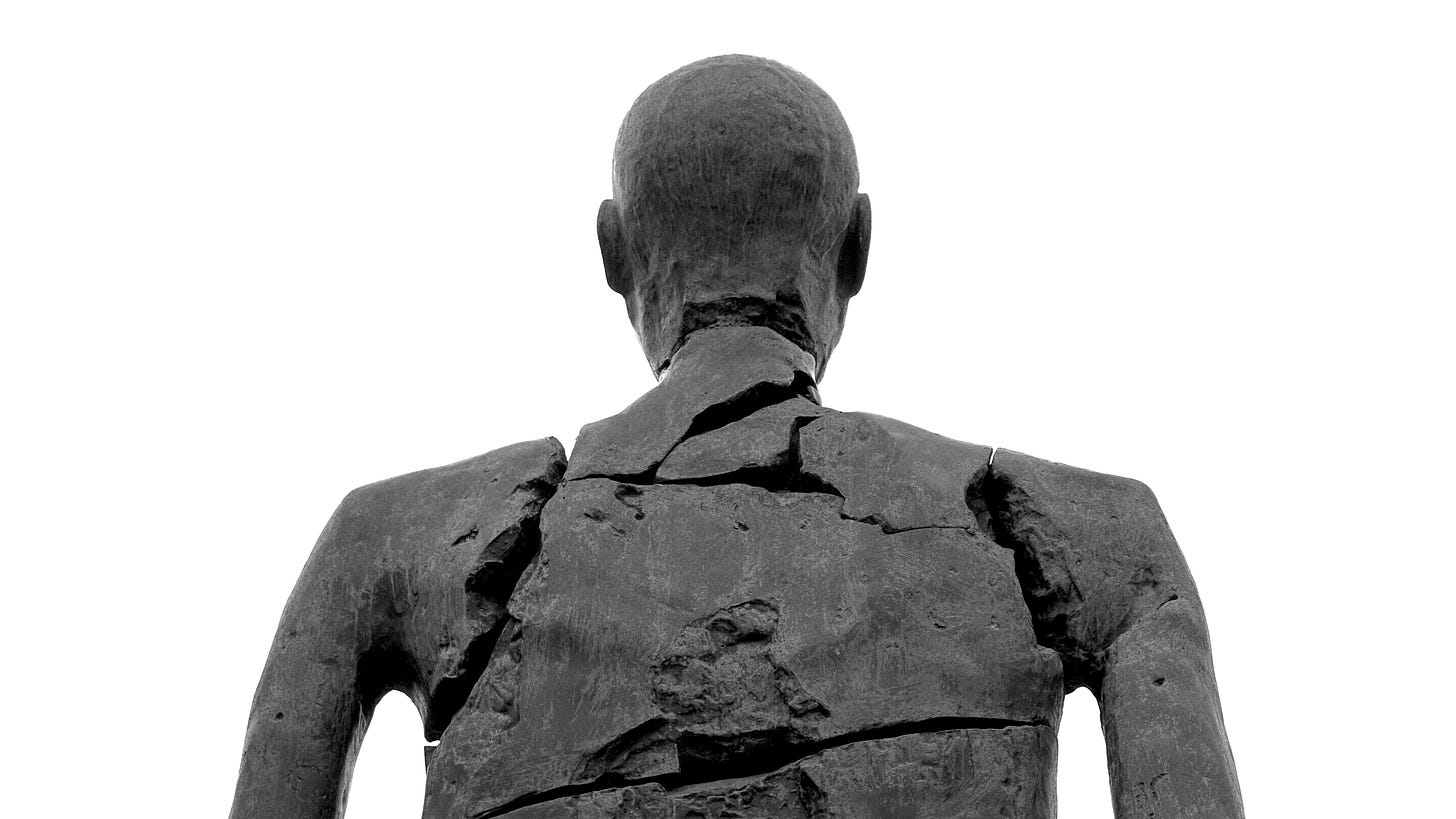Nothing in these paragraphs should imply that there’s a single correct way to write, nor should it follow that I’ve figured out all the answers for scraping my pen across the page. My only claim, in fact, is that I’ve spent a ludicrously long time obsessing about words and sentences and language, that I’ve worked with plenty of writers, and that these are a few of my thoughts about how you can practice this mysterious craft. As with every stray thought, some might be worthwhile, but most are probably not. Feel free to steal what you like and dismiss what you don’t. That is, after all, exactly what I’ve done.
If you remove all the flowery, highfalutin descriptions, the act of writing is fairly straightforward: you grab the sensations inside your mind and put them into coherent sentences on the page. Whether your goal is to instruct, persuade, report, or dazzle, the basic premise doesn’t change—your sensations are shaped into sentences. Yet sensations are ephemeral, inchoate, and almost inexpressible, so twisting them into pretty phrases isn’t exactly easy—even though the objective is always clear.
On the grayest of days, all of your words disappear. Your objective in sitting down to write might be clear, you might know exactly what you want to express, yet nothing on the page comes out right—you’re abusive to the delete key or the bin is filled with crumbled pages. And this madness feels like a problem of ability, as if you don’t have the right vocabulary to express the inexpressible, or you don’t quite have the tools to structure your sentences with the proper lyricism.
On the most discouraging of days, the problem might be different, as you might strain and struggle and stress about your actual thoughts—you might be uncertain about what’s inside your mind. If the former is a problem of articulation, this is a problem of introspection. You’re not sure what you think, so of course the sentences don’t land. It feels like nothing but a muddle—you don’t even know what you’re supposed to write, and you have only the vaguest sense of a destination. You might imagine the result, but it is loose, amorphous, somehow surrounded by a blackness, almost like you’re trying to describe a dream that you can’t remember.
A stately, perspicacious writer sitting near the fireplace and telling eloquent stories is the wrong picture for creation, as the scream of sensations in the mind, it seems to me, is much closer to a crying toddler who sputters words—a relentless, impulsive, disorienting, frenetic, shudder of wants. The fragments that emerge aren’t sorted into coherent chunks of language that fit nicely onto a page. Yet those fragments still need to link in a crisp manner after you’re done. What’s convenient, and what might even make this whole peculiar writing game worthwhile, is that if you do manage the nearly impossible task of conveying what’s inside you, the cathartic release that you’ve achieved by putting sensations onto the page will also stir emotion in your readers.
The key, for me at least, is to coordinate the speed of sensations in my mind with the words that I create. And for many writers the issue on those most difficult of days often seems to be about this process of transmission: the pipes are blocked, the message can’t get through. In a recent essay, I mentioned that writers should practice their craft a bit like how a musician practices scales, with the purpose of unclogging those pipes—or as a method of ensuring that their fingers are attuned to receiving messages from their mind.
This isn’t something that writers normally consider, but there’s no reason why writing, of all the arts, should not involve deliberate practice. Spending time with a sketchbook as a painter or casually strumming a guitar as a musician aren’t activities that would surprise anybody. Why would writing be different? Especially when there are so many effective methods to practice writing.
Keep reading with a 7-day free trial
Subscribe to Desk Notes by Charles Schifano to keep reading this post and get 7 days of free access to the full post archives.





